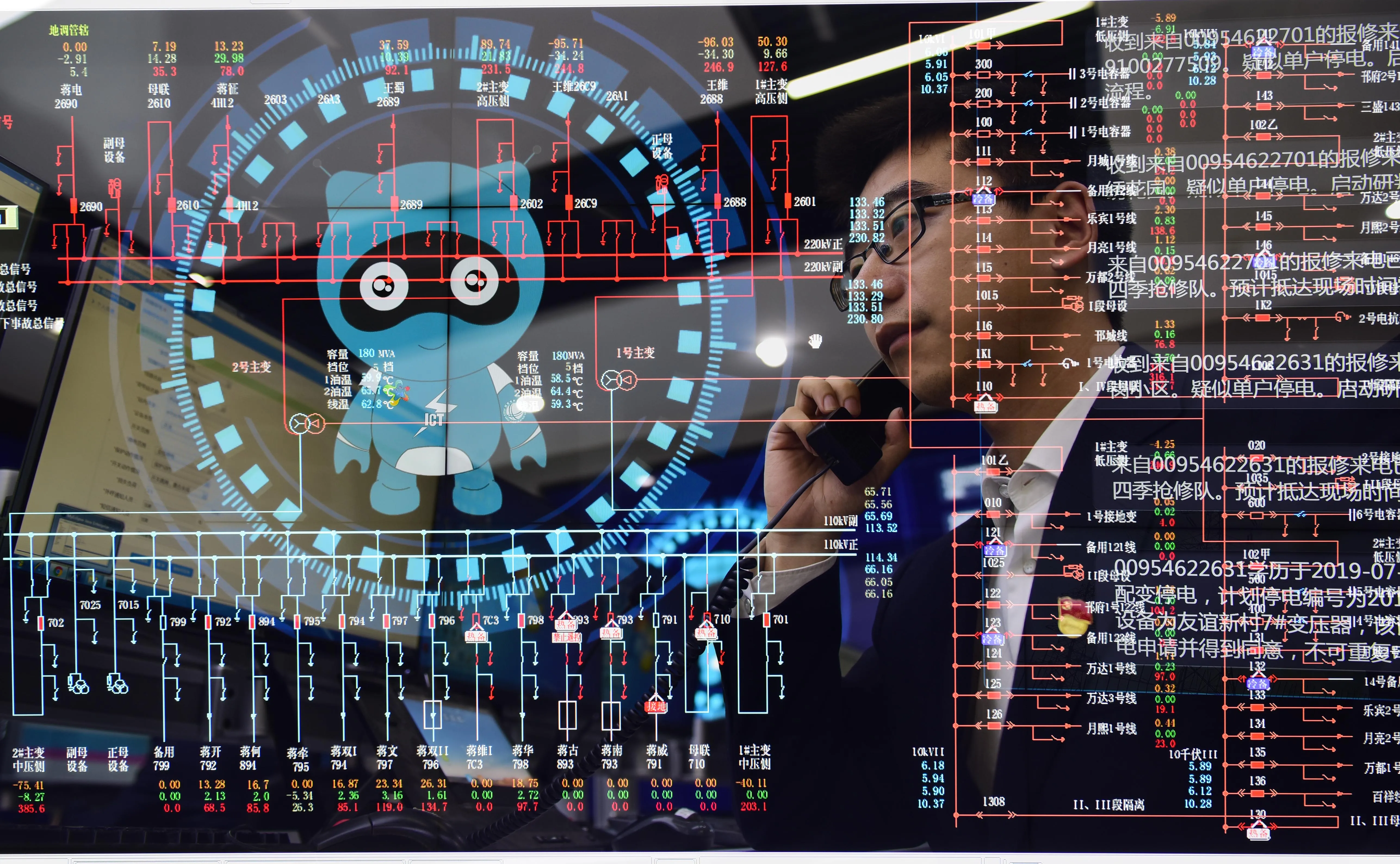Overview:
Automation is the utilization of cutting edge innovation to perform assignments without human mediation. While automation can expand efficiency and capacity, it essentially impacts accuracy. Understanding what computerization means for occupations is critical to exploring another work market.

1. Job Displacement
Automation frequently kills occupations, particularly those that depend upon dull assignments or problematic work. This has been reflected in collections, where robots have superseded current organizers.
2. Creation of New Jobs
As unambiguous social occasions are killed, automation can mean new tasks and similar sections. These new positions conventionally require limits associated with the dealing with, upkeep, and support of mechanical structures. For example, automation has energized interest in state of the art advancement, AI improvements, and IT-supporting organizations.
3. Skill Shift
Automation requires the use of explicit circumstances to have the choice to adjust to restrict requests. It is possible that specialists in mechanical circumstances will have additional abilities to perform tasks, for example, booking, data requesting, and concentrated help. These progressions further the necessity for explicit arrangement and bearing.
4. Impact on Job Quality
Automation can conclusively further develop productivity by reducing the necessity for reps to perform hazardous, frustrating endeavors or request certifiable assignments. In any case, it can also increase work strain for delegates, who presently need to administer and research complex robotized systems.
Automation essentially impacts associations by shedding explicit capacities, setting out new opportunities, and changing fundamental capacities in the
workforce. As automation continues to create, chairmen and associations really should change in accordance with these movements to achieve life range and financial reliability.
Read more: How does supply and demand affect prices